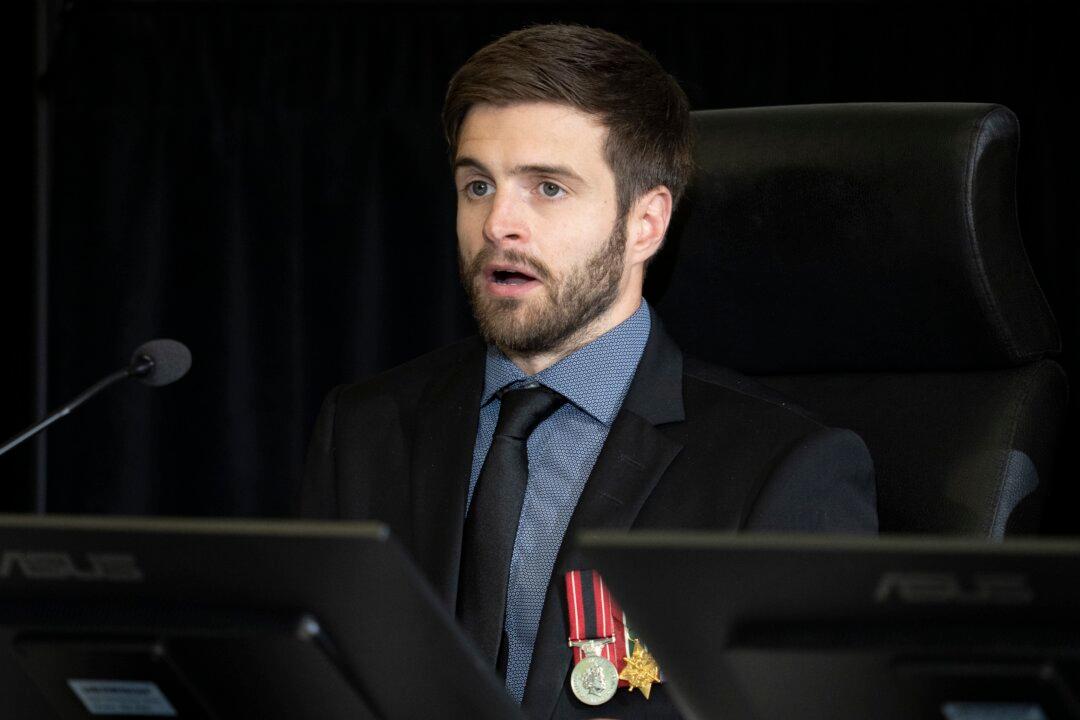A wounded combat veteran who served in Afghanistan told the Public Order Emergency Commission on Nov. 4 that he was arrested, beaten, and “dumped” without charges far from downtown Ottawa by police during the clearing operation of the Freedom Convoy protest on Feb. 18.
“It really wasn’t that I wanted to come to Ottawa. It’s that I felt it was my duty and I had no choice [but] to be there,” said veteran Chris Deering while explaining why he had attended the protest.





